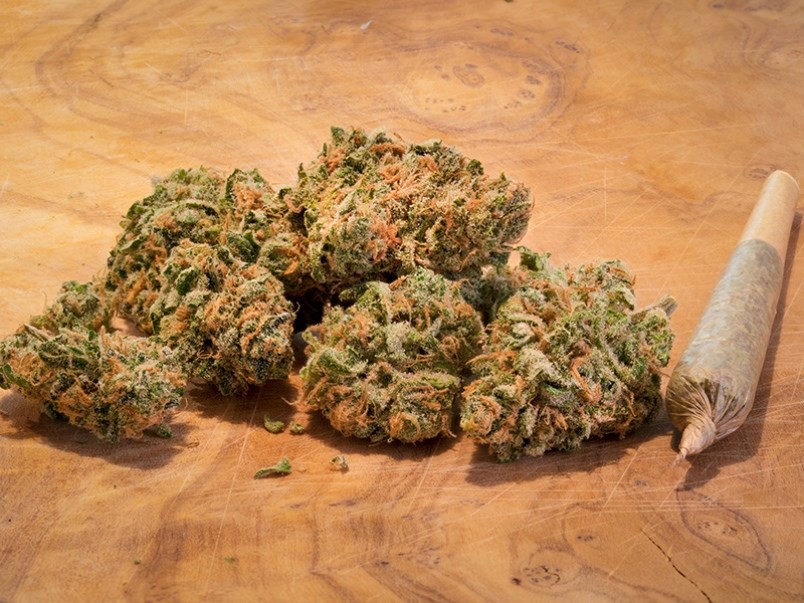A cannabis framework for qathet Regional District has been adopted.
At its meeting on Thursday, April 25, the regional board gave consideration to three motions that will help guide the regional district in its consideration of cannabis applications.
The first motion was that the regional board direct staff to prepare a cannabis-related business policy to guide decision-making on cannabis applications.
The board also voted to direct staff to prepare an amending bylaw for its development services procedures bylaw to include a fee for processing cannabis applications.
The third motion was that the board direct staff to prepare amending bylaws for each of the qathet Regional District zoning bylaws in Electoral Areas A and B to include cannabis specific regulations.
Prior to adoption of the third motion, Area B director Mark Gisborne said he was not entirely sure if all of Area B’s zoning bylaws should include this type of regulation to prohibit the cultivation of cannabis. This sounds like the path it is going down, he said.
“It makes sense for the Myrtle Ponds zoning bylaw because it has to do with land use, because they have density there, so they don’t want something popping up on the little lot next to them,” said Gisborne. “For the Nootka Street zoning bylaw, they don’t have density and that’s the purpose of that bylaw. There’s a couple of different zoning bylaws with a couple of different intentions.”
Regional board chair Patrick Brabazon said he was at a bit of a loss to understand what Gisborne was supporting or opposing because all the motion said was to prepare an amending bylaw.
“It doesn’t mention restrictions,” said Brabazon. “We have to wait to see what we get from staff, then we’ll have a debate on the document that is in front of us.”
Gisborne said it was his understanding from the planning committee meeting that the motion was to restrict cannabis cultivation in residential areas.
“I don’t feel this is the best approach that we can take because it’s a couple of little neighbourhoods in our huge region and cannabis cultivation for recreational use is a very new industry in Canada,” said Gisborne. “What we are hearing is a lot of local governments are being caught flat-footed. The federal government keeps changing regulations so the cannabis cultivators are scrambling, trying to keep up with the changes.”
Gisborne said in the future, perhaps a working group or a committee should be established where some cannabis cultivators can come in and talk to the regional district about the challenges they face, how they can fit better with the communities, and what the regional district can do to smooth out the process.



